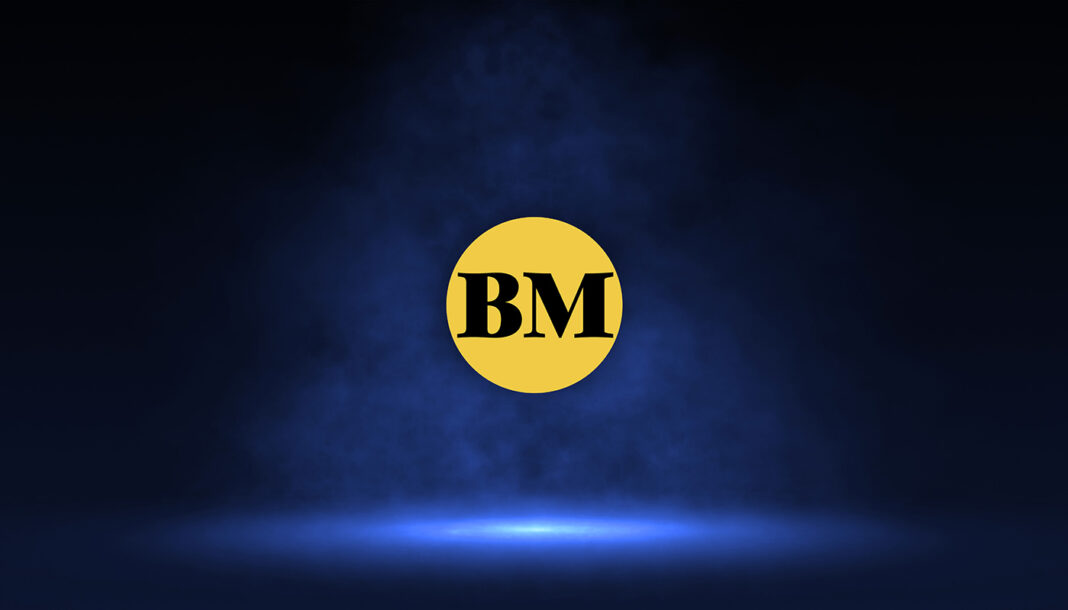
PLASTIC coffee stirrer and soft drink straws will not be saved by the Department of Science and Technology (DOST) as the two single-use plastic (SUP) products will soon be banned as Non-environmentally Acceptable Products.
This was stressed by Department of Environment and Natural Resources (DENR) (DENR) Undersecretary for Solid Waste Management and Local Government Units Concerns Benny D. Antiporda.
“They will still be on the NEAP list because the majority of the National Solid Waste Management Commission (NSWMC) members voted to include them in the NEAP,” Antiporda told the BusinessMirror.
Ocean conservation advocacy nongovernment organization (NGO) Oceana Philippines is set to press charges against NSWMC officials, including heads of concerned government agencies, for their failure to come up with a NEAP list more than 20 years after the enactment of Republic Act 9003 or the Ecological Solid Waste Management Act. The group blames (SUPs) for the worsening ocean plastic pollution.
Further studies needed
OVER the weekend, a DOST official said further studies are needed before making any recommendation for inclusion of plastic coffee stirrers and soft drink straws in the NEAP.
At a virtual news conference held last July 1, Rey L. Esguerra, DOST- Industrial Technology Development Institute Chief Science Research Specialist, said the DOST undertook rapid assessments on plastic coffee stirrer and soft drink straw. However, Esguerra said these assessments contained foreign data.
“We want to make sure that any of the recommendations that we make will have a very sound basis,” Esguerra was quoted as saying during the news briefing. “That is why they were initially considered but still we need to validate the entire environmental impact of these products and their alternatives before we make a conclusion on the declaration [on their inclusion in NEAP].”
DOST-ITDI Director Annabelle V. Briones said the agency has identified “life-cycle assessment” as one of the tools as a possible basis for NEAP declaration.
Life-cycle assessments
BRIONES added that life-cycle assessments may benefit stakeholders to make adjustments or modifications in their importation, manufacture, processing, distribution, sale and post-consumer activities.
She said the DOST-ITDI is currently working on several SUP items that have been recommended by the NSWMC as NEAP. These are plastic spoons, forks, knives and plastic bags with less than 15 microns thickness.
Aside from life-cycle assessment of NEAP candidates, the DOST-ITDI also conducts economic impact assessment and health effects of plastic products before making any recommendation for their inclusion in NEAP.
In his brief speech during the press conference, DOST Secretary Fortunato dela Peña said the DOST remains at the forefront in providing technologies, programs and projects that will address the issues and concerns on the environment, including solid waste management.
“Over the past 11 years, or since 2010, DOST has provided a total amount of P532 million to support 146 projects that seek to address environmental challenges,” De la Peña said. “These projects have been implemented in various parts of the country and with the different institutions as partners and implementers of the research projects and the technologies that have been generated by these projects have been adopted in various levels.”
According to Dela Peña, the DOST maintains an equal consideration of all sectors in the implementation of its projects.

